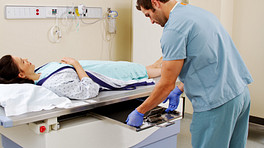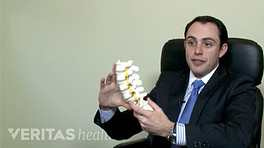As a spinal surgeon, I'm very commonly asked about the need for surgery and often times second opinions about surgery. So, if you've been told you need surgery or you have concerns you have the need for surgery, you probably just need to ask some questions.
Number one. "What do I have?" Your doctor should be able to explain to you what is causing your complaints.
Number two. "Is this problem going to be permanent, or can this get better on its own?" Well, if it's not going to be permanent, and if it can get better on its own, probably the risk of surgery is not something that you need to undertake at this time.
Number three. "What alternatives do I have for my problem?" Often times, there's more than one way to do an operation, and depending on your individual situation, there may be surgery A, B, or C that might be more beneficial for you. Please have the surgeon explain what your options would be. There's more than one way to do any particular procedure, and there are more options for any one particular procedure.
The other question I would ask is, "What are the results of this potential surgery?" Many of you have heard from friends, family, that spine surgery has lots of risks and you don't do very well after the operation. That is true in certain circumstances, but in the vast majority of the properly selected patients with the proper problem, surgery actually is a benefit. Our goal as spinal surgeons is to see who would benefit from what type of procedure and in what scenario.
When you ask these kinds of questions to your surgeon, he should be able to explain why you're a good candidate for that particular operation and what is the chance of success for that operation. Some operations have much better successes than others, and that person should be able to explain that to you.
The final thing that you should ask, and I tell every patient they should ask this, is, "If I was your wife or husband or son or daughter or mother or father, and you like them, would you do that same operation on them?" You need to ask the surgeon would they have that same operation for themselves or their family members. If they can honestly say "Yes," then I think they're giving you a true assessment of what's going on. If they say, "I'm not sure," then you better also pause.










